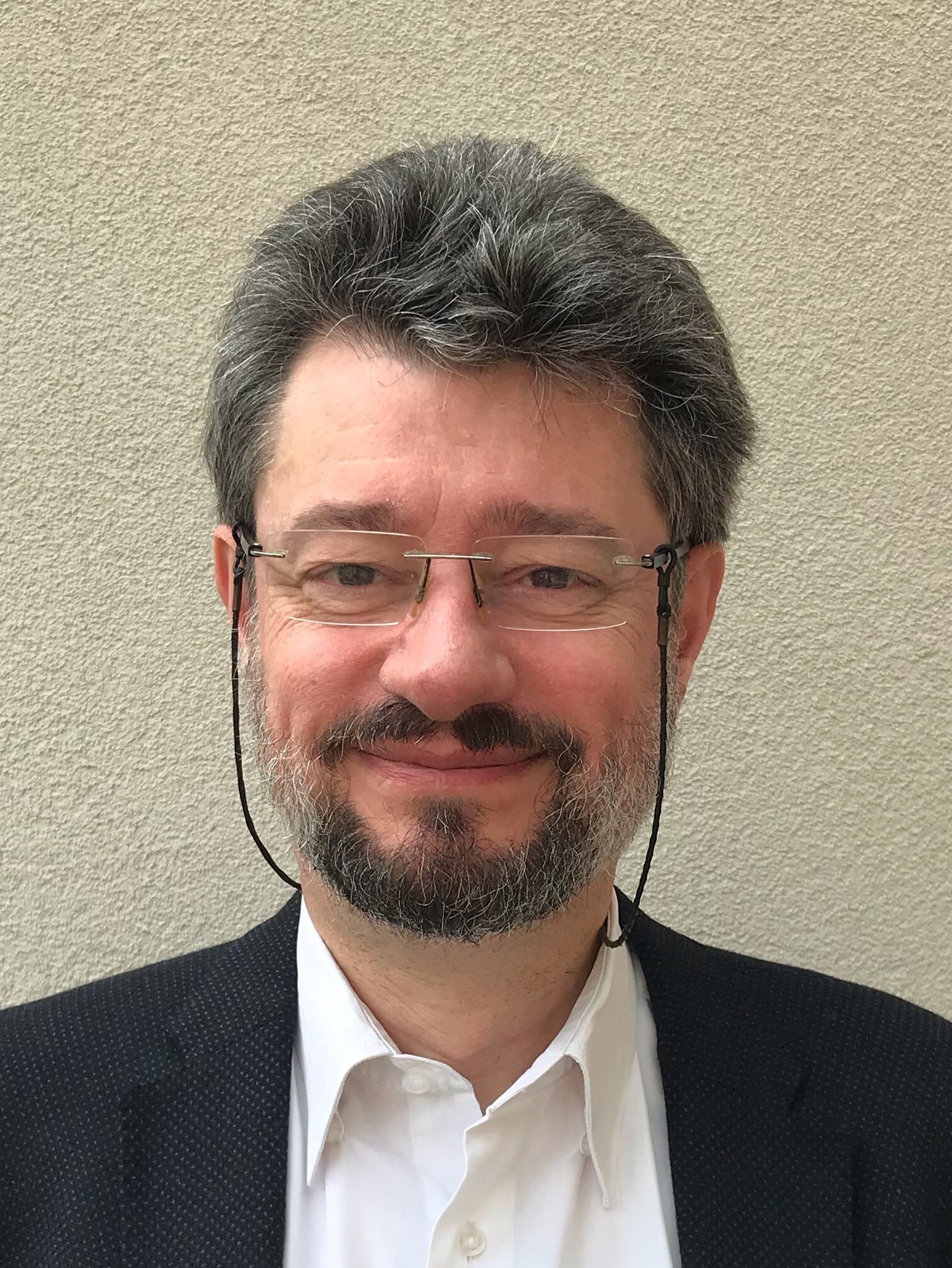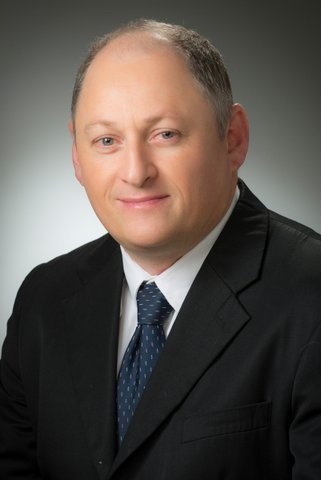The Impact of the 4th Industrial Revolution on Industry and Academia
 Professor Arie Maharshak
Professor Arie Maharshak
Professor Arie Maharshak, an Electronics Engineer, received his B.Sc., M.Sc., and Ph.D. degrees from the Technion – Israel Institute of Technology.
Prof. Maharshak has held senior R&D and Marketing positions in a leading Israeli high-tech company; worked as a research scholar at the Aeronautics & Astronautics Advanced Robotics Laboratory at Stanford University; co-founded the Israel Tele-Working Association and received The Israel Television Award for Innovation & Creativity. Prof. Maharshak, a high-tech entrepreneur, is active in the development of new products and holds 12 patents. He has published more than 40 scientific papers in journals and conference proceedings.
Prof. Maharshak’s fields of interest include:
- marketing philosophy and its implications on business orientation
- interpretation of marketing messages across realities
- ‘Naïve Concept’ as a conceptual barrier
Since 2012, Prof. Maharshak has been the President of Braude Academic College of Engineering, a well-regarded academic institution in northern Israel and an integral partner in the region’s development.
As president, Prof. Maharshak has promoted engineering education within the college and instituted significant changes in the approach towards engineering education in academia. He has succeeded in expanding the college’s globalization efforts by developing the International Relations Office as well as the college’s international relations with China, US, and Europe. Additionally, he is responsible for founding the Center for Engineering Education and Entrepreneurship, broadening the college’s mission to improve Israel’s productivity, and establishing a national institute for advanced industry.
The Impact of the 4th Industrial Revolution on Industry and Academia
The current industrial revolution’s essence is a rapid digital transformation process along with connectivity and integration between various components, assemblies, and systems. This revolution renders an essential need for multidisciplinary knowledge and digital-driven skills in both industry and academia. Braude Academic College of Engineering has accelerated their activities in these fields in collaboration with the new Institute of Advanced Manufacturing. They have started a joint initiative with a new educational direction – Industry 4.0. Braude’s contribution will be student projects with investigation and advisory activities. It will upgrade the productivity of the Israeli industry.
Industrial Symbiosis in Discrete Manufacturing
 Prof. Dr. Ir. Joost R Dufliou
Prof. Dr. Ir. Joost R Dufliou
Professor Mechanical Engineering Department, KU Leuven
Joost Duflou holds master degrees in Architectural and Electro-mechanical Engineering and a PhD in Engineering Sciences from KU Leuven, Belgium. After a number of years of industrial experience in different international companies, he has been a faculty member at the Mechanical Engineering Department of KU Leuven since 1997. He became a tenured Full Professor in 2012. His principal research activities are situated in the field of design support methods and methodologies, with special attention for Ecodesign and Life Cycle Engineering, and Sustainable Manufacturing. As chairholder of the LVD Chair on Sheet Metal Processing, he also leads a research group focussing on sheet metal oriented manufacturing processes and systems and he supervises the KU Leuven FabLab. He is a CIRP Fellow and has published over 300 international publications. As chair and board member of several spin-off companies and professional associations he contributes to research valorisation and dissemination. More detailed information can be obtained via
www.kuleuven.be/wieiswie/nl/person/00016263
Abstract
Growing pressure to reduce the energy intensity and the CO2 footprint of manufacturing force a critical review of the material efficiency in discrete manufacturing processes.
Conventional recycling strategies are suboptimal in such a context and shortcuts between manufacturing processes can allow to avoid material losses and remelting steps representing excessive heat demands. The importance of an industrial symbiosis strategy between manufacturing process categories will be documented in this lecture and examples of successfully tested process combinations presented, demonstrating the technical feasibility of industrial symbiosis in a manufacturing context.
ILLUMEO with Adaptive intelligence
 Motty Arnon
Motty Arnon
Motty Arnon has a medical device industry experience of over 20 years in business operations and service roles.
His last position was heading Philips informatics business Operations.
Prior to that he led an AI based solution for the imaging industry and played
key management roles in Philips Advanced visualization solutions.
In his past he also led the Philips CT business advanced development program.
Abstract
The medical device industry is in the middle of a data and digital revolution feeding the increased need for medical services due to the aging population,improved living conditions and shortages in medical staff.
AI is in the forefront of this revolution aiming to play a significant role in improving medical care and saving human resources.
In this lecture we will talk about the challenges of a great AI algorithm (what does great actually mean?) from a pure academic algorithm to a scaled clinical use.




